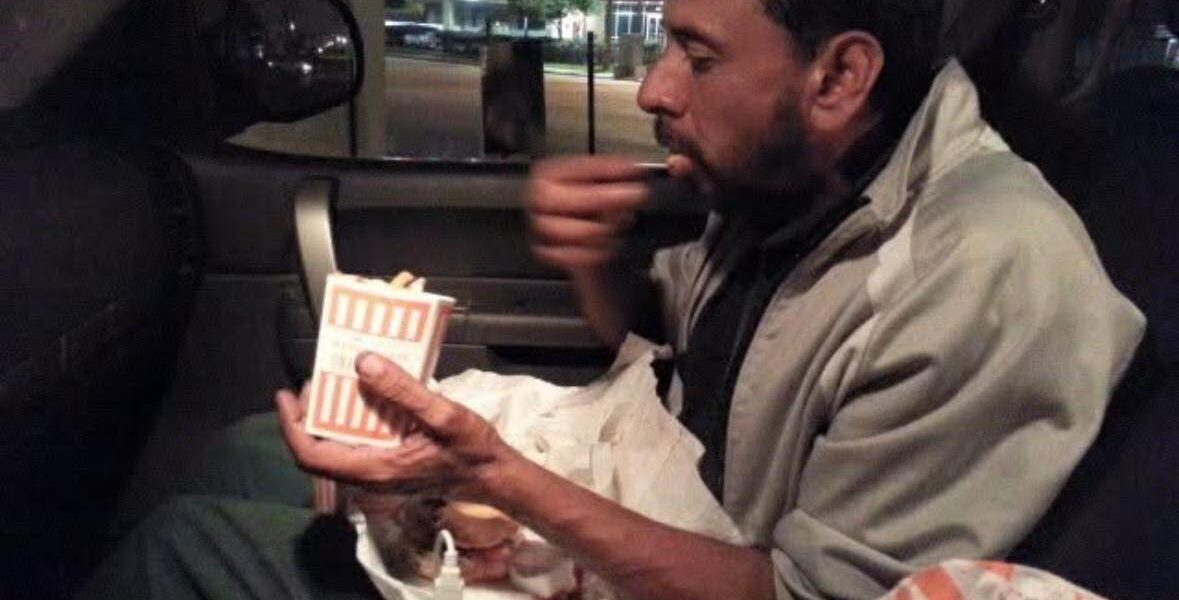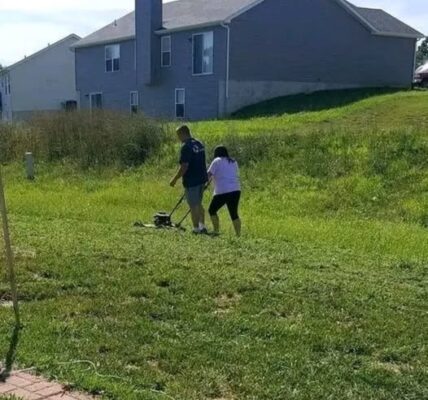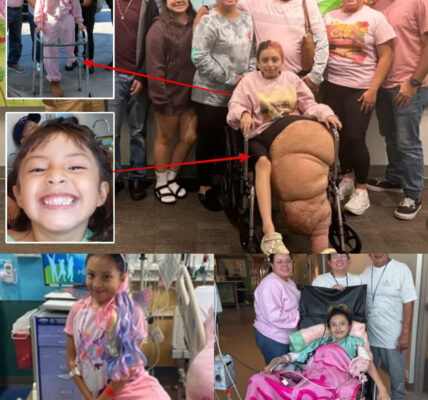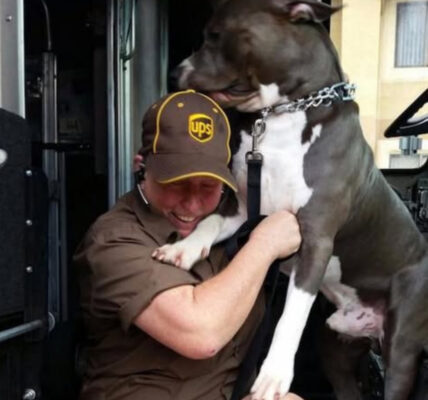
It was just past midnight, and sleep would not come. Restless, I rose, dressed, and decided to take a drive to check on our family’s vacant lots and rental properties, something I often did a few nights a week. But this night felt different. The wind was sharp, the rain just beginning to fall, and the air unusually heavy with silence. For reasons I couldn’t explain, I chose to take my late father’s GMC pickup truck. His scent still lingered in it, his old tools were still tucked in the glove box, and on the visor was a laminated prayer card from his funeral. Before starting the engine, I pulled the card down, looked at his photo, and whispered, “Hi Dad, I’m taking your truck out tonight. I really miss you.”
Driving through the empty streets, I stopped at one of our vacant properties where I noticed someone had dumped trash. As I began to clean it up, I saw a man across the street—a weary figure limping in wet, ragged clothes. It was dark, cold, and the wind howled around us. He crossed over and asked from a distance if he could help. His voice was humble, his eyes tired. He said his name was Oscar. Homeless, he sometimes found shelter in a church.
Together, we picked up the trash. At one point, Oscar reached into his pocket and offered me one of the stale cookies he carried in a crumpled plastic bag, rosary beads wrapped carefully around it. His gesture was small but spoke volumes.
When we finished, I thanked him and watched as he began to walk away. Something inside me stirred—guilt, maybe. I realized I hadn’t asked him if he was hungry. Pulling alongside him, I invited him to get into the truck so I could buy him a meal. To my surprise, he climbed into the truck bed. Embarrassed, he explained that he had been abandoned after working three days clearing brush for a man who never paid him or brought him food or water. “Sir,” he said softly, “I’m very dirty, and I don’t want to make your nice truck smell bad.”
His humility cut me deeply. I told him firmly, “Never be ashamed of the smell of hard work. Get in the truck—it’s raining.”
On the drive, he opened his fists under the dome light to show me his hands: raw, bloodied, and calloused from days of labor. At Whataburger, he tried to pay with 16 cents, the only money he had. I ordered him the largest meal on the menu. Before eating, he lifted the bag with both hands, bowed his head, and prayed. Then, to my astonishment, he cut the burger in half and offered me a piece. I declined, but the gesture brought a lump to my throat.
As he ate, we talked. He asked my name. I told him about my family and my father’s truck. He nodded, then said, “Sir, you must have had wonderful parents.” I handed him my father’s laminated prayer card. He squinted, asked for my glasses, and when he saw the face clearly, his own face crumpled. He crossed himself, wept, and whispered, “I know this man.”
Stunned, I asked how. Through tears, Oscar told me that over ten years ago, his infant daughter had been born with a degenerative disease. Desperate to save her, he swam across the border in search of work and medicine he could not find in Mexico. “Your parents gave us the medication,” he said, voice breaking. “They saved my baby from suffering. My wife and I never forgot their kindness. We always said one day we would repay them. And now I realize I cannot—because your father has passed away.”
I held back my own tears as I explained: true giving expects nothing in return. “You’ve already repaid him,” I told Oscar. “Tonight you helped me pick up trash on his property. That’s more than enough.”
Before we parted, I gave him my phone number, telling him to call if he ever needed food or help. Later that night, as I sat in my father’s truck, I thought about the chain of events—the restlessness that drove me from my bed, the decision to take my dad’s pickup, the chance meeting with a homeless man who carried rosary beads in his pocket, and the revelation that our lives had been connected years ago through my parents’ kindness.
It felt less like coincidence, more like something greater—a reminder from my father, perhaps, that compassion always finds its way back.
Tonight, my family and I plan to find Oscar again. This time, not just with food, but with something more lasting—a small home in one of our rental properties, a place of dignity where he can begin again.




